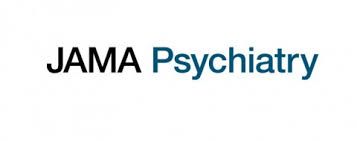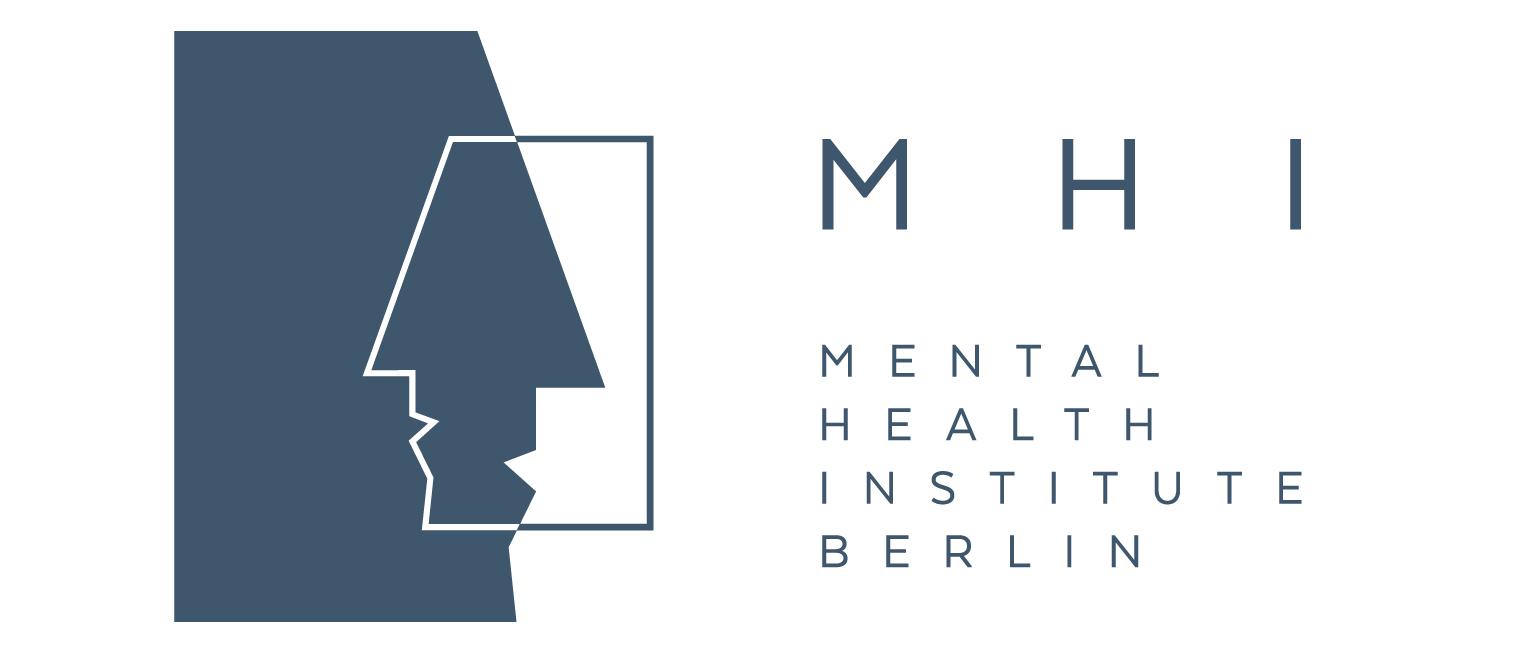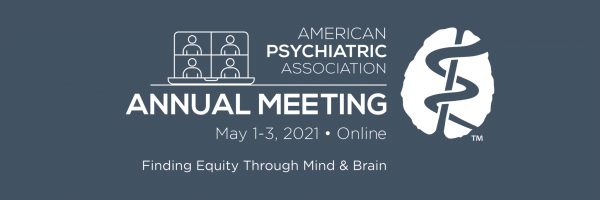
A comment by Prof. Dr. Ion-George Anghelescu
Rapidity of onset, mode of action, effects on schizophrenia subdomains and dyspepsia as a potential side effect of xanomeline-trospium
The exploration of novel treatments for schizophrenia has consistently been at the forefront of psychiatric research, particularly in the quest for medications that mitigate the debilitating symptoms of the disorder while minimizing side effects. The recent randomized clinical trial led by Kaul and colleagues on the efficacy and safety of the combination drug xanomeline-trospium chloride presents a significant advancement in this domain. This trial’s promising results showcase xanomeline’s unique mechanism of action as an antipsychotic that does not rely on direct dopamine receptor blockade, a common feature of traditional antipsychotics that often leads to a host of adverse effects.
Prof. Dr. Ion Anghelescu and Prof. Dr. Michael Dettling, managing directors and chief physicians at Mental Health Institute Berlin, offer a detailed commentary on this groundbreaking study:
In their excellent paper(1), Kaul and colleagues provide promising and astonishing results of a prospective randomized placebo-controlled trial in acute schizophrenia with a new compound, xanomeline, acting as an antipsychotic without direct dopamine receptor blocking effects. To minimize peripheral cholinergic side effects trospium was added to xanomeline. This phase IIIa study might serve as a pivotal trial for this compound on its way to approval by the FDA.
Notwithstanding that xanomeline is a M1/M4 preferring muscarinic receptor agonist with no direct D2 dopamine receptor blocking activity, it would be important to know whether and which indirect effects it has on the dopaminergic system; for instance, partial agonist effects e.g. on D3 – like cariprazine – or D4 receptor antagonist properties together with weak D2 blocking properties such as clozapine(2), a unique antipsychotic so far regarding its receptor profile and efficacy.
Together with the peripheral anticholinergic drug trospium, tolerability and safety appear to be quite good except for clinically non-significant transient increases in blood pressure and heart rate and subjective gastrointestinal adverse events. In this context it would be interesting to know, if e. g. proton-pump inhibitors like pantoprazole were used as concomitant medications to treat or even prevent initial dyspepsia.
Regarding efficacy the authors point out that indirect comparisons indicate similar potency as D2-based antipsychotics have.
However, we suggest that there might be notable differences in rapidity of onset because some of the D2-based antipsychotics show substantial response rates already after 3-7 days(3).
Possibly, the main advantage of xanomeline might be found in negative symptoms, which could be best evaluated in patients with predominant and/or prominent negative symptoms(4), which were not inclusion criteria in this trial. Improvement found in this study is rather on secondary negative symptoms which occur as an effect of reduced positive symptoms in patients with acute psychosis. Perhaps even more challenging are potential improvements of cognitive symptoms, which should be examined by neuropsychological testing(5).
Authors:
Ion-George Anghelescu, MD
Clinic of Psychiatry and Psychotherapy, Mental Health Institute Berlin, Berlin, Germany
Michael Dettling, MD
Clinic of Psychiatry and Psychotherapy, Mental Health Institute Berlin, Berlin, Germany
References
1. Kaul I, Sawchak S, Walling DP, et al. Efficacy and safety of xanomeline-trospium chloride in schizophrenia: a randomized clinical trial. JAMA Psychiatry.2024; May 1:e240785. doi: 10.1001/jamapsychiatry.2024.0785.
2. Jann MW. Clozapine. Pharmacotherapy. 1991;11(3):179-195.
3. Anghelescu IG, Janssens L, Kent J, et al. Does early improvement predict repsonse to the fast-dissociating D2 recptor antagonist JNJ-37822681 in patients with acute schizophrenia? Eur Neuropsychopharmacol. 2013;23(9):1043-1050. Doi: 10.1016/J.euroneuro.2012.08017.
4. Marder SR, Alphs L, Anghelescu IG, et al. Issues and perspectives in designing clinical trails for negative symptoms in schizophrenia. Schizophr Res. 2013; 150(2-3):328-333. Doi: 10.1016/j.schres.2013.07.058.
5. Guo JY, Ragland JD, Carter CS. Memory and Cognition in Schizophrenia. Mol Psychiatry. 2019; 24(5):633-642. doi:10.1038/s41380-018-0231-1.
CONFLICT OF INTEREST: Honoraria from Janssen Pharmaceutica, Merck Pharmaceuticals, Recordati Pharma and Schwabe Pharma
weitere Journalbeiträge

Mental Health Institute
Das Mental Health Institute (MHI) Berlin ist eine Privatklinik, die Menschen mit psychischen Problemen und Leiden moderne und wissenschaftlich seriöse tagesklinische und ambulante Behandlungen anbietet.


